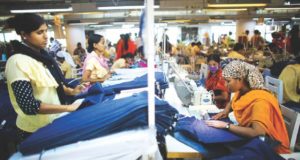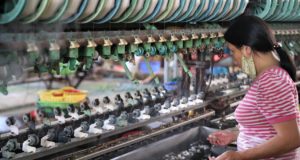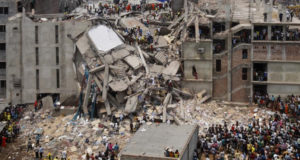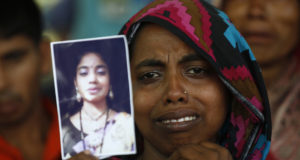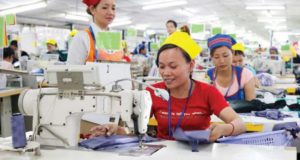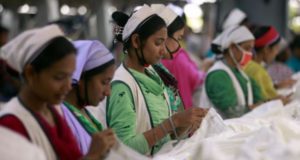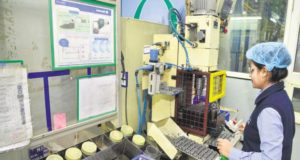In the five years following the collapse of Rana Plaza, Bangladesh has made real and unprecedented progress in improving workers’ health and safety in its garment industry.
Read More »The Garment Industry’s Technology Challenge
For many years, discussion of the global garment industry has been dominated by the following question: Where were your clothes made, and by whom?
Read More »Post Rana Plaza: Are workers being allowed to organise?
April 25, 2018 marked the fifth year anniversary of the collapse of Rana Plaza. The entire nation and the world commemorated the tragic day on which the commercial building, which housed three separate garments factories, collapsed in less than 30 seconds, resulting in the untimely death of over 1,100 workers.
Read More »Two garment factory disasters a century apart show how globalization has sapped labor’s power
It would take weeks before the full number of dead from the Rana Plaza factory collapse was clear.
Read More »Bangladesh’s garment industry now a model for workplace safety
On this day five years ago, Rana Plaza collapsed, and with it went 1,138 lives and irrevocably changed those of thousands others.
Read More »5 years after the world’s largest garment factory collapse, is safety in Bangladesh any better?
It’s considered the worst garment industry accident of all time: An eight-story building housing several garment factories and a shopping center called Rana Plaza collapsed five years ago in Bangladesh, killing more than 1,000 workers and injuring more than 2,500.
Read More »A sector too big to fail?
Cambodia’s garment sector is the backbone of the country’s export-driven economy and employs 86 percent of all factory workers. But the sector faces threats from increasingly competitive regional neighbours, the inevitable shift to automation and the potential loss of preferential trade agreements.
Read More »Post-Brexit trade deals could make the world’s poorest worse off
Among the many words that have been spent on the Brexit debate since Theresa May triggered Article 50 last year, one crops up time and time again: trade.
Read More »How Bangladesh should respond to global apparel industry changes
I read an interesting article the other day about a cotton spinning company based in Manchester, England. Although the company, by Bangladesh's standards, produces high volumes of product, it has established a niche for itself in the UK and Japan with customers who appreciate both quality and locality of resource.
Read More »How labour regulations affect manufacturing in India
The Narendra Modi government’s recent doubling of duties on imports of beauty aids, watches, toys, furniture, footwear, and, surprisingly, kites and candles shows India’s lack of competitiveness even in these entry-level labour-intensive industries.
Read More » CPD RMG Study Stitching a better future for Bangladesh
CPD RMG Study Stitching a better future for Bangladesh
